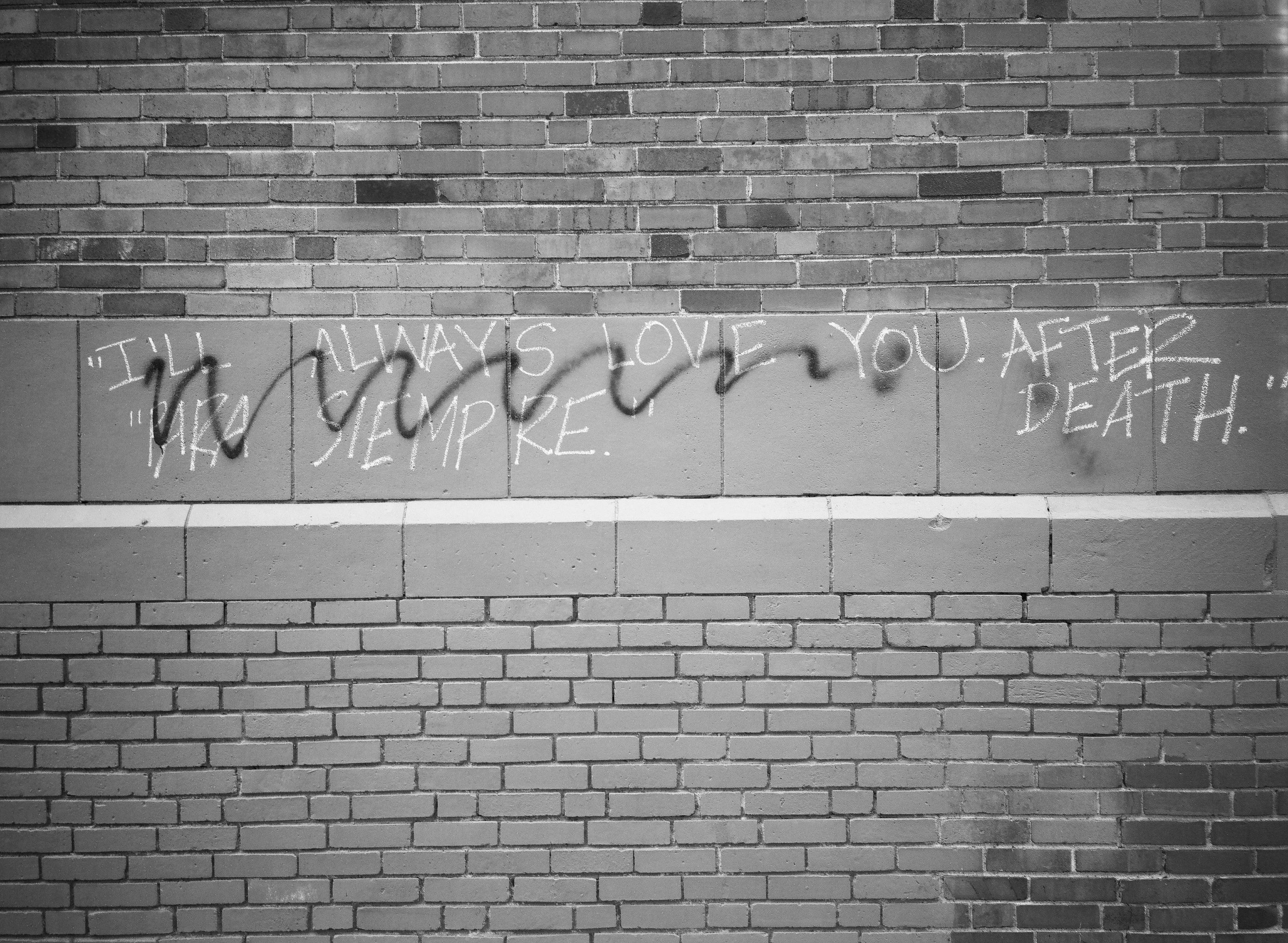
Karpov
November 6, 2023
Delray was an attractive settlement for the French in the 1800s. When Detroit’s industry was booming in the 1920s, so was Delray’s. The neighborhood had the most significant Hungarian population outside of Budapest and was also incredibly diverse, with African-American, Polish, Mexican, Armenian, Italian, and Irish families. By 1930, Delray peaked at approximately 24,000 residents, but the population has dropped precipitously since World War II due to increased industrialization, pollution, and urban decay. By the late 1960s, the city’s master plan for Delray was to transition it to a purely industrial area. Hundreds of people-mostly Latino migrants living in Delray’s small community were forced to share their land, air, and water with the many factories that have expanded over the years. And as a result, they have seen the environment and their living conditions deteriorate considerably over the past 30 years. Marathon’s oil refinery, which has been in operation since 1930, was expanded in 2012 over neighborhood protests. The city is also home to the largest wastewater treatment plant in North America, receiving and incinerating the contents of everyone’s toilets in Detroit and 77 surrounding communities and filling the air for miles. Next to the plant is a composting facility just down the road from Zug Island. And just west of the neighborhood is the 48217 zip code which is found to be the most polluted zip code in Michigan.
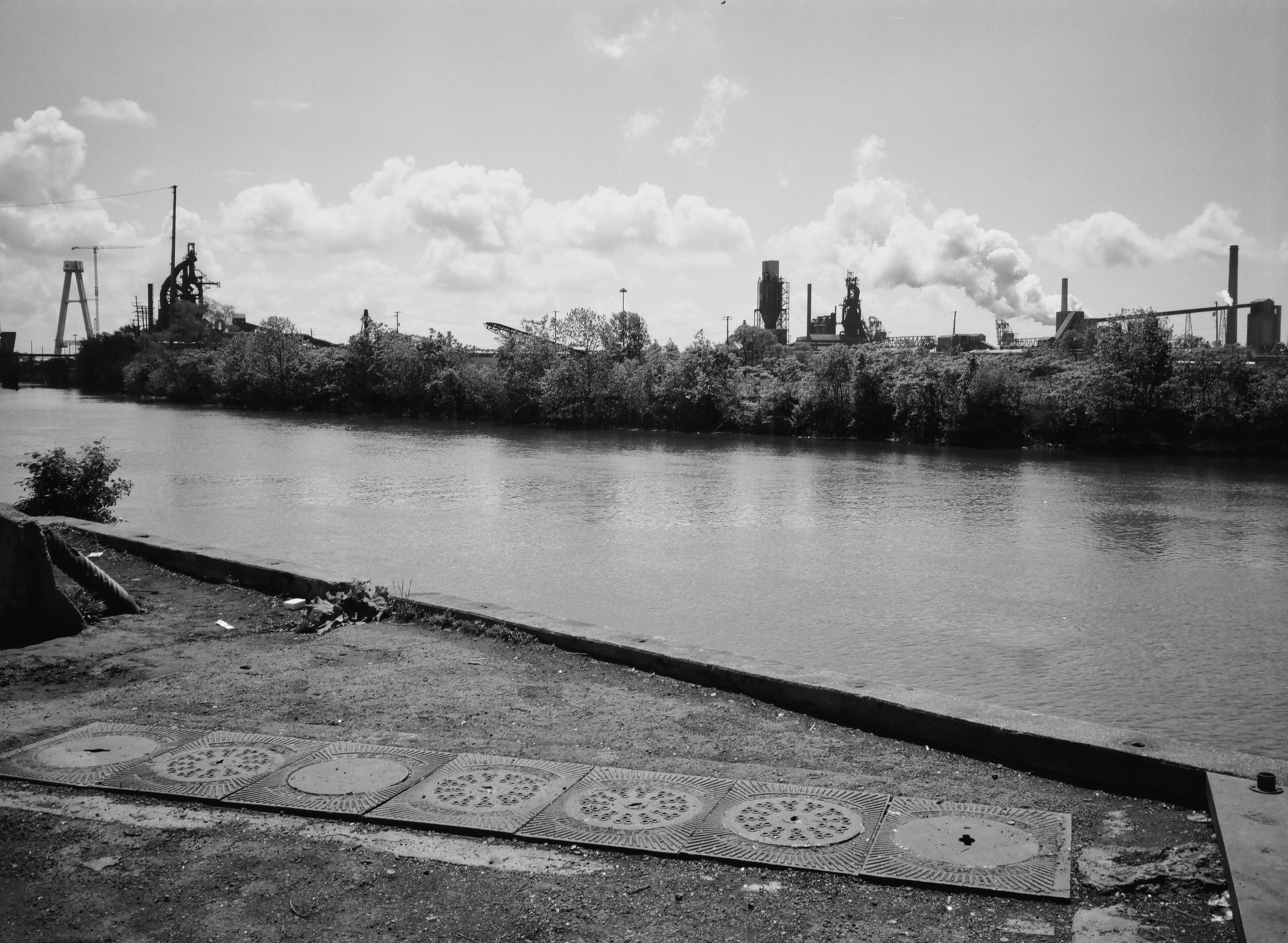
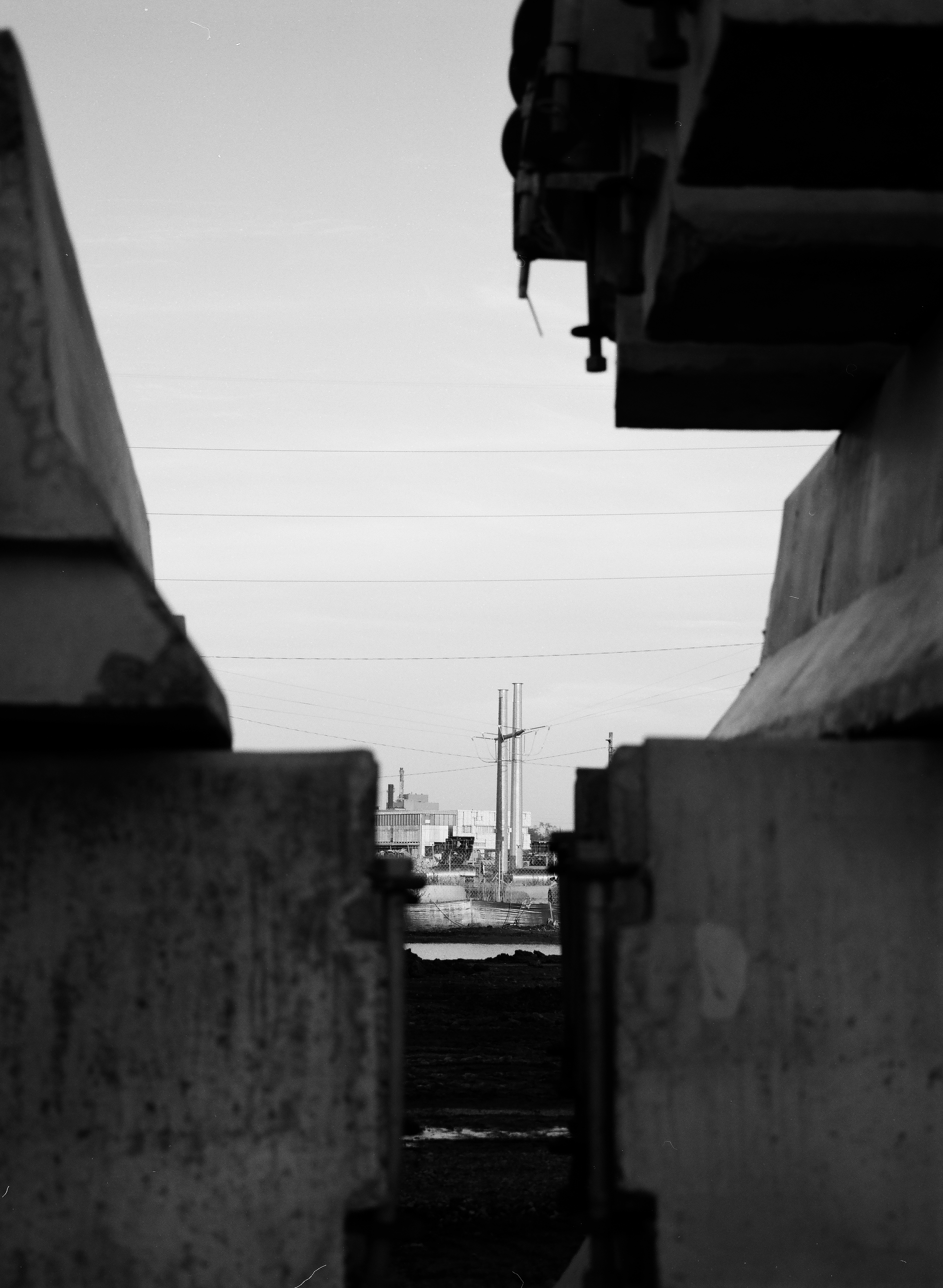
Delray Beyond Isolation is the story of the quiet loudness on the margins of total existence and economic chaos. A story that speaks of the indestructible spirit and the eternal search for inspiration that facilitates survival. It is a story of individuals and social groups who, putting aside the noise, pollution, and general urban angst, keep searching for the core of existence in a different space and a different time. It is a story of survival through tradition, hard work, and solidarity. In this series, I address the human health and environmental consequences as well as the social implications of industrial classism in Delray.
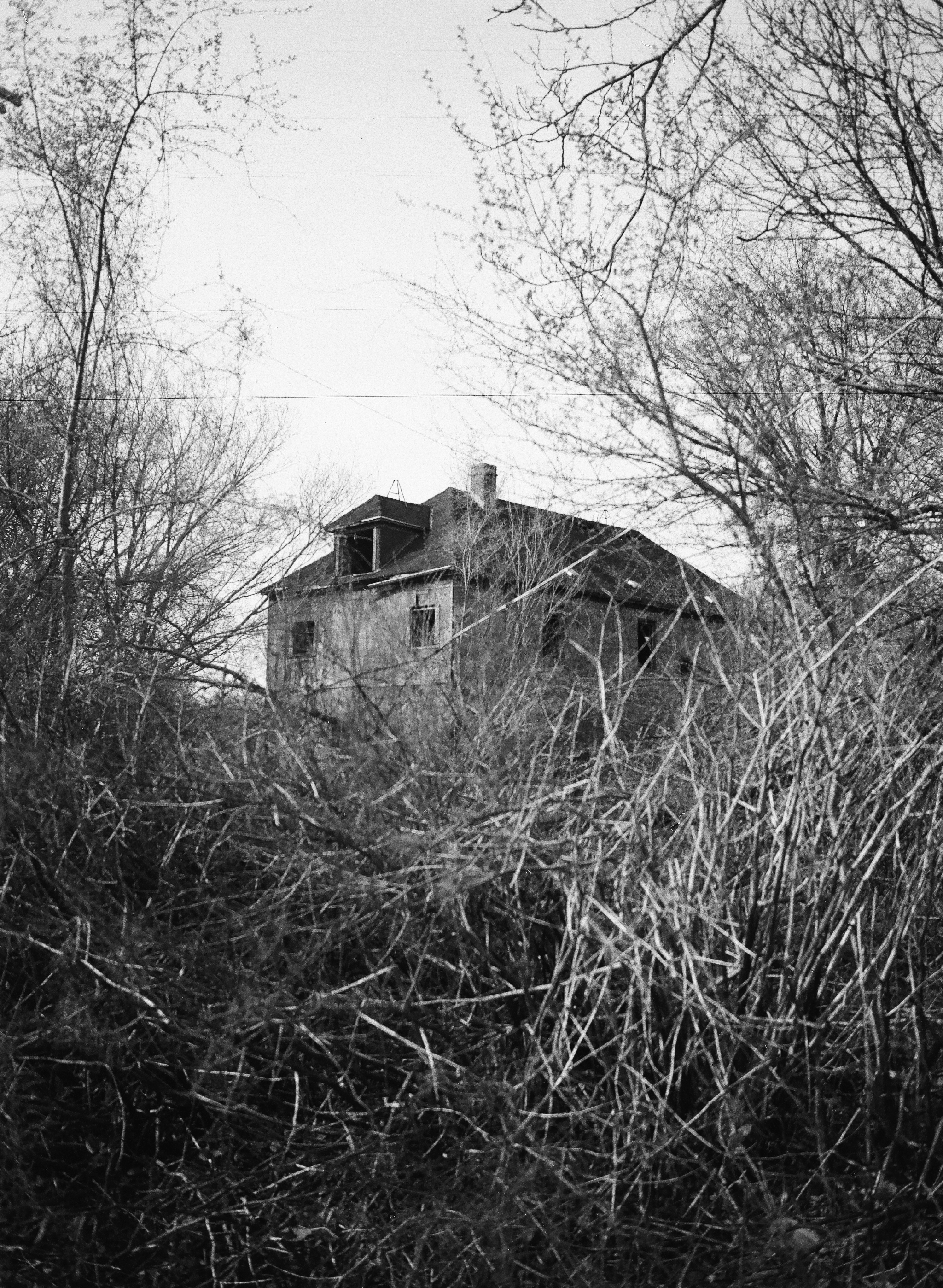
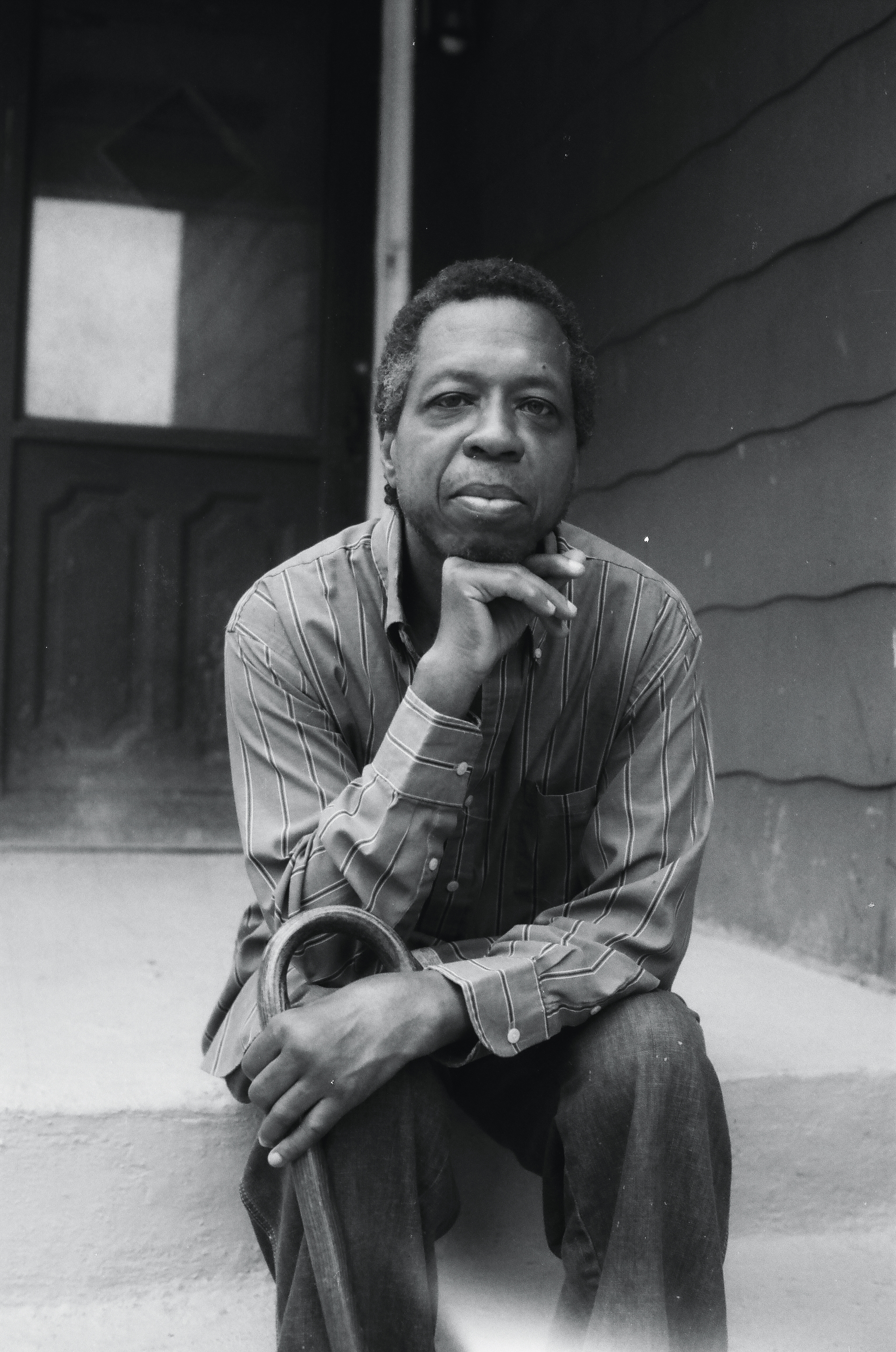
Philip
Basically what’s been taking place over here in Delray for the last eight years is that the bridge company bought out an awful lot of people. Everything from Clark Street, and past Waterman Street, they cleaned out people and their families one by one. I am not a homeowner here, I’m just a caretaker for the two elderly people that are here. It worries them and myself that I may not be able to stay here, especially if they take these remaining houses down through here and say we want this land — basically by eminent domain. I’ve been here 19 years. I’ve seen so much of Delray change over the years. So much history here and a lot of the people that knew what it was, truly know what it’s like to live in this vicinity. Because this place had a much greater small-town type feel than it does now. It’s not as great as it once was. It’s not as bright as it once was. A major issue we residents have to contend with is the lack of food options here. We don’t have a reputable grocery store or any for that matter in the area. Most of the residents either get their food from the Citgo gas station. The neighborhood sadly is largely gone. All those houses that were knocked down, and people taking settlements and businesses that were knocked down in order to make way for this project. It’s like we’re kind of the last line here. I mean, there are segments of Delray that will continue on. But will they continue on with the kind of community feel that we once had, I don’t know if that will happen. I don’t know. It’s an uneasy mix. You got your residents, you got your businesses. Or you got your industrial companies. I wish there were a better mix between them. So the residents don’t have to breathe in the dirty air.

Michael
A city is only as strong as a community. If you have a strong community, you have a strong city, but it seems like more emphasis is put on what’s going on downtown to draw people in and to build more condos and high rises, but they are for people who can afford to live down there. And that’s kind of good too, but you can’t lose the focus of the community — the surrounding community. And when they look upon Delray, you know, it’s like they want to wipe it off the map. The majority of the homes in Delray were built by the Army Corps of Engineers, which at that time were staying in Fort Wayne. Delray, from the time I was born, was a beautiful place, you know; everybody lived in harmony. You know, as a kid, I didn’t know anything about racism. When I stepped out of Delray and went across the Fort Street bridge, I found out what racism was all about. In the late 90s, you saw more Black people being pushed out of their homes. My reason for staying is because this is my family’s home. I have a history here. My father set up houses and businesses here. Now there’s been a lot of promise since this bridge started. You know, how they want to help make the community look good. The city doesn’t want us to fix up these 120-year-old homes. We are all taxpayers out here and I think everybody deserves some type of assistance paying taxes. I know a lot of people will say well, why don’t you move then? Where am I gonna move to? I have a set income.

Mike

Scott
I read an article that said, if there wasn’t racism, there wouldn’t be climate change. And that’s a fact. Because if you didn’t put struggling communities at risk with all your pollution — which is mostly racism because they do it in black and brown communities and minority communities — then you wouldn’t have climate change. Right? Because nobody would. I wish we could pay homage to the women who fought against the soap and cement factories in Delray for years. They celebrated the first Earth Day and stopped a few oil processing companies, but couldn’t stop them all. Eventually, the city zoned Delray as industrial. That’s their way of pushing people out: We’re not having that, we’re just going to make this all industry and you guys will just choke on it. And then by the time you choke on it. You’ll have to leave. We live in a truly racist society and nobody’s willing to do anything about it. We won’t even talk about it. We won’t even tell the truth. You know, we’re fighting over that right now. What are we teaching our kids? Look at the future that they have, that we’re giving to them. Delray is not all industrial. It is also residential. It’s mixed. So don’t tell me that it’s just all industrial, which is what people normally say. There are still people living here. It’s a small number of people. But if you look around now, you see the immigrants that are moving in. They’re taking care of their houses. They’re investing in their houses. They’re fixing up the house. They are in there. They’re invested. So you know, are you going to try to protect them now? You know, they’re making a home of it. Why can’t you respect that and say, okay, well, I’ll give you some respect?
